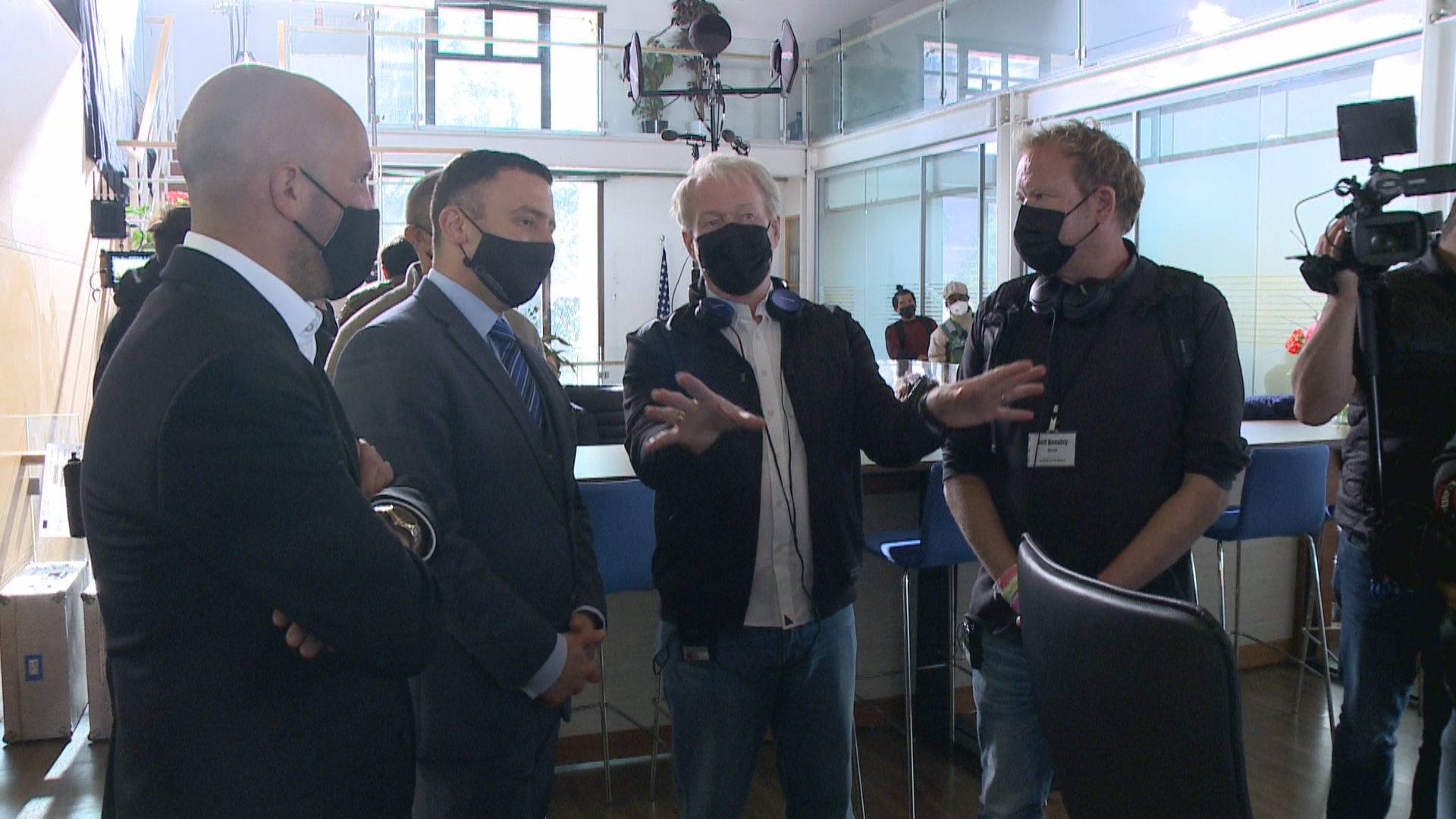Malta’s Film Industry Cash Rebate

In recent times, the spotlight has been cast on Malta’s enticing cash rebate offered to foreign film studios for choosing our island as a captivating filming location. The intrigue around this cash rebate has given rise to a flurry of discussions, revealing both curiosity and confusion about the concept and its practical implications. Let’s delve into the heart of the matter and address the five most frequently asked questions that have surfaced regarding this scheme.
What is the Cash Rebate and Who Benefits From It?
The cash rebate, an initiative pioneered by Malta, is essentially a financial incentive extended to eligible productions for their expenditures incurred on the island. To qualify for this rebate, a production company must complete filming in Malta. Notably, the percentage of rebate varies, reaching a maximum of 35% for films that prominently feature Malta’s cultural content. This rebate extends up to an impressive 40% if the production expenses include the utilization of the Malta Film Studios.
Contrary to the misconception that only large-scale foreign productions benefit from this scheme, smaller foreign productions, particularly in the realm of television, have also been recipients of these cash rebates since its inception in 2000.
Addressing the Taxpayer Concerns
Some critics raise concerns that the cash rebate is funded by taxpayers’ money, diverting essential funds from critical sectors like health, education, and social services. In reality, the cash rebate draws from a percentage of the production expenditures that have already been spent in Malta. It’s important to recognize that this scheme is not an ‘investment’ in the traditional sense; it’s a calculated expense that aims to stimulate the local economy by attracting foreign productions and encouraging spending within the country.
The Gladiator 2 Controversy
The revelation of Malta paying nearly €140 million, with €47 million going to Ridley Scott’s ‘Gladiator 2’, stirred significant debate. However, this amount is not a lump-sum payment but rather a calculated rebate based on eligible expenses incurred during filming. Notably, objections surfaced regarding the legitimacy of such a substantial rebate for ‘Gladiator 2′ considering the film’s incomplete production status due to the ongoing Hollywood actors’ strike.
To ensure transparency, a comprehensive audit report is crucial, showcasing the expenses and demonstrating that the rebate adheres to the stipulated criteria. The release of such detailed information could clarify whether the substantial rebate aligns with the scheme’s objectives and is justifiable.
Sustainability of the Cash Rebate
While the impressive cash rebate has undeniably attracted high-profile productions, questions arise about its long-term sustainability. Concerns about the rebate’s generosity being unsustainable are valid, especially when considering scenarios where a production’s progress is hindered, as in the case of ‘Gladiator 2’. The question of what exactly the substantial sums are being spent on, particularly during periods of production standstill, warrants scrutiny.
The Need for Transparency and Industry Competitiveness
Malta’s cash rebate is a crucial investment in maintaining the competitiveness of its film industry. However, the success of this scheme hinges on transparent practices and clear guidelines that ensure the rebates are proportionate and justifiable. Transparency not only builds confidence within the local film industry but also strengthens Malta’s reputation as an appealing destination for filmmakers.
In Conclusion: Navigating the Path Ahead
The intrigue surrounding Malta’s cash rebate for foreign film productions brings to light both the potential and the challenges that such a scheme can present. While the cash rebate undoubtedly contributes to economic growth and enhances the local film industry’s global appeal, the need for transparency, accurate reporting, and sustainable practices cannot be overlooked. Ultimately, this investment remains an integral tool in fostering an environment where Malta’s film industry can thrive and continue to make its mark on the international stage.
Frequently Asked Questions (FAQs)
Is the cash rebate funded by taxpayers’ money?
No, the cash rebate is derived from a percentage of production expenditures that have already been spent in Malta by eligible production companies. It’s not a direct allocation from budgetary allocations for other sectors.
Do only massive foreign productions benefit from the cash rebate?
No, while large productions like ‘Gladiator 2’ gain attention, smaller foreign productions, particularly in television, have also benefited from cash rebates since the scheme’s inception in 2000.
Is the cash rebate a financial investment with an expected return?
The cash rebate is not a traditional investment. It’s an expense intended to stimulate the local economy by attracting foreign productions, fostering spending, and supporting the local film-servicing sector.
What happens if a production’s filming is incomplete due to unforeseen circumstances?
In cases where a production’s progress is hindered, as with the Hollywood actors’ strike affecting ‘Gladiator 2’, it raises questions about the legitimacy and justification of the cash rebate. Transparency and clear guidelines are crucial in such scenarios.
How does the cash rebate contribute to Malta’s film industry competitiveness?
The cash rebate serves as a vital tool in maintaining the competitiveness of Malta’s film industry on the global stage. By offering financial incentives to foreign productions, it encourages them to choose Malta as a filming location, thereby boosting the local economy and supporting the film-servicing sector.
Recommended Posts

Malta’s Business Framework: Tax, Finance
July 3, 2024

Discover Malta’s iGaming Hub
July 3, 2024

Bragg Gaming Expands with Hard Rock Casino
July 3, 2024


